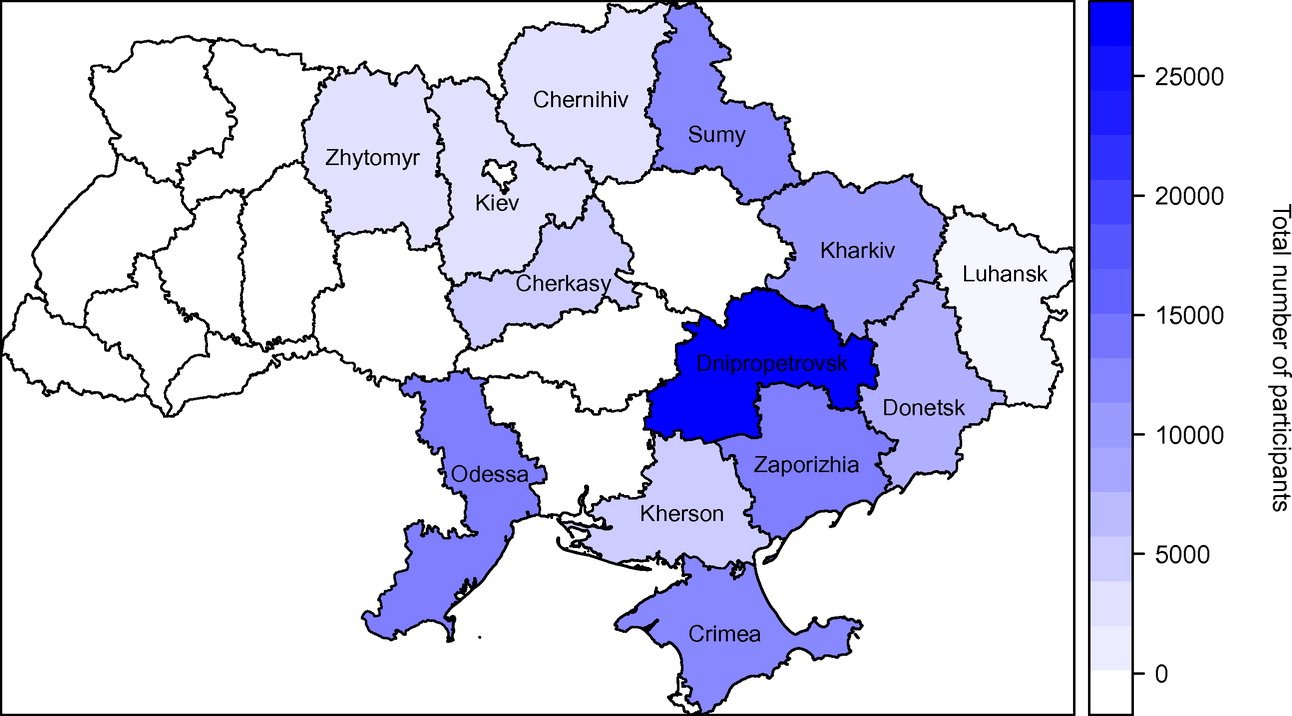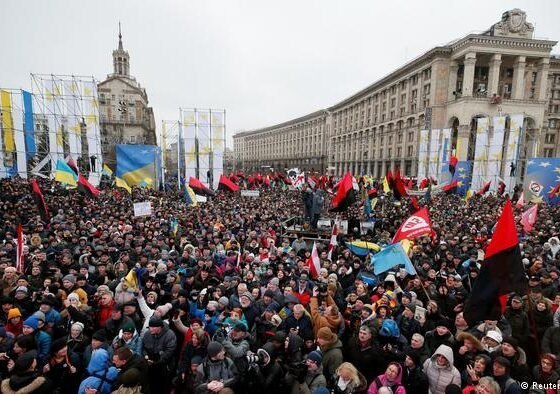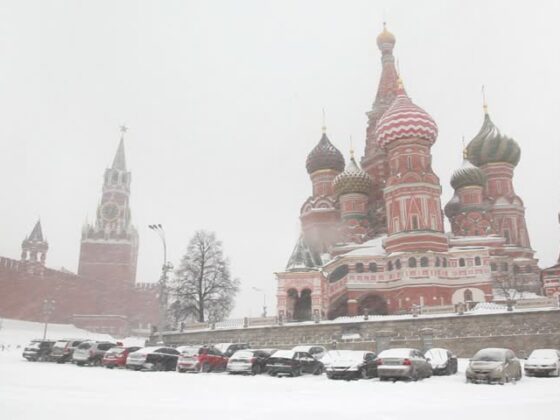The project investigates the dynamics of popular mobilization in Russia and the other post-Soviet countries and explores wider questions of national and sub-national democracy, authoritarianism, and geopolitical orientations in the post-Soviet space. For this project, a laboratory has been set up to gather data on protest and to study the media’s role in driving or suppressing street discontent; and in furthering the political elite’s domestic and foreign policy objectives. The project is led by Tomila Lankina, Professor of Politics and International Relations at the LSE’s International Relations Department.
Featured: New research paper on Russian media’s coverage of protests in Ukraine
Abstract: We analyse Russian state media’s framing of the Euromaidan protests using a novel Russian-language electronic content-analysis dictionary and method that we have developed ourselves. We find that around the time of Crimea’s annexation, the Kremlin-controlled media projected media narratives of protests as chaos and disorder, using legalistic jargon about the status of ethnic Russians and federalisation, only to abandon this strategy by the end of April 2014. The shift in media narratives corresponding to the outbreak of violence in the Donbas region gives credence to arguments about Putin’s strategic, interests-driven foreign policy, while adding nuance to those that highlight the role of norms and values.











